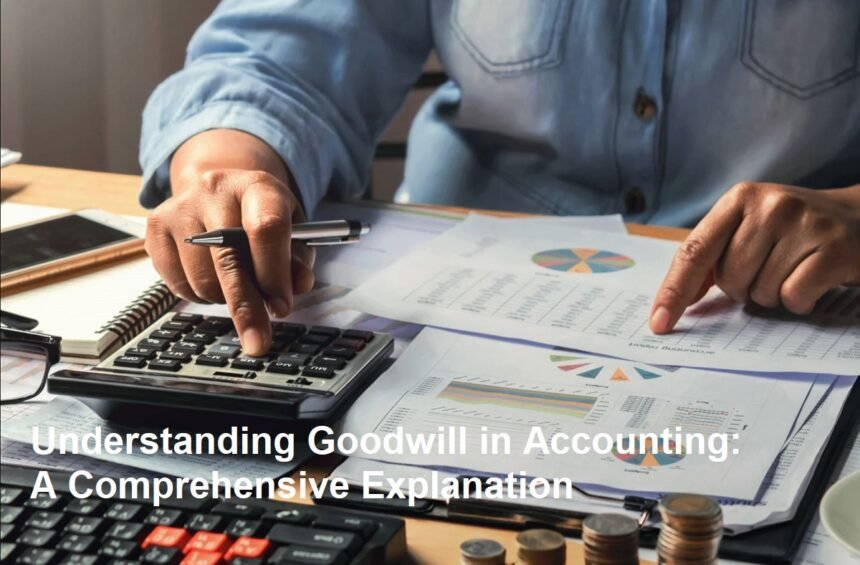Goodwill is a fundamental concept in accounting that represents the intangible value of a business beyond its tangible assets and liabilities. It often arises during the acquisition process when one company purchases another for a premium price over the fair market value of its identifiable net assets. This article provides a comprehensive explanation of goodwill in accounting, discussing its definition, calculation, recognition, and implications for financial reporting.
At its core, goodwill reflects elements such as brand reputation, customer loyalty, employee expertise, and proprietary technology that are not separately identifiable as assets. When a company is acquired, the acquiring firm may pay more than the sum of the identifiable net assets, and this excess is recorded as goodwill on the balance sheet. It represents the future economic benefits that are expected from the acquired business that are not individually recognized.
Goodwill is initially measured at the time of acquisition. The process involves determining the purchase price and subtracting the fair value of identifiable assets and liabilities. For example, if a company is purchased for $10 million and the fair value of its identifiable net assets is $7 million, the difference of $3 million is recorded as goodwill. This calculation is crucial because it ensures that the premium paid for the company is accurately reflected in the financial statements.
In accounting, goodwill is classified as an intangible asset, but unlike other intangibles such as patents or trademarks, it cannot be sold or separated from the business. This unique nature makes its valuation and impairment testing particularly challenging. Rather than being amortized over a specific period, goodwill is tested annually for impairment. Impairment occurs when the carrying amount of goodwill exceeds its fair value, indicating that the anticipated benefits of the acquisition are not being realized. When impairment is identified, companies must write down the value of goodwill, resulting in a non-cash expense on the income statement that can affect reported earnings.
The recognition of goodwill has important implications for both investors and regulators. For investors, the presence of goodwill on a balance sheet provides insight into a company’s acquisition strategy and its potential for generating future cash flows. However, excessive goodwill may also raise concerns about overpayment for acquisitions or the sustainability of the underlying business operations. Regulators closely monitor goodwill because it can have a significant impact on a company’s financial health. Impairment losses, for instance, can indicate that an acquisition did not perform as expected, which could have broader implications for market confidence.
Furthermore, the accounting treatment of goodwill can vary across different accounting standards. Under International Financial Reporting Standards (IFRS) and Generally Accepted Accounting Principles (GAAP) in the United States, the emphasis is on fair value measurement and impairment testing rather than systematic amortization. This approach reflects the belief that goodwill’s value does not diminish in a predictable manner over time but is rather subject to fluctuations based on market conditions and the performance of the acquired business. The differences in these standards highlight the need for transparency and rigorous analysis when evaluating a company’s financial statements.
Critics of the current treatment of goodwill argue that the lack of systematic amortization might lead to inflated asset values on the balance sheet. They suggest that annual impairment tests, which are subjective and rely on estimates of future cash flows, may not always provide a timely indication of economic reality. Despite these concerns, the approach taken under current standards aims to provide a more accurate reflection of the benefits arising from business combinations.
In conclusion, goodwill is a key component of modern accounting that captures the intangible value of a business beyond its tangible assets. Its measurement, recognition, and impairment testing play a vital role in accurately reflecting the financial health and performance of companies, especially in the context of mergers and acquisitions. As businesses continue to evolve and expand through acquisitions, understanding goodwill remains essential for analysts, investors, and regulators alike.












